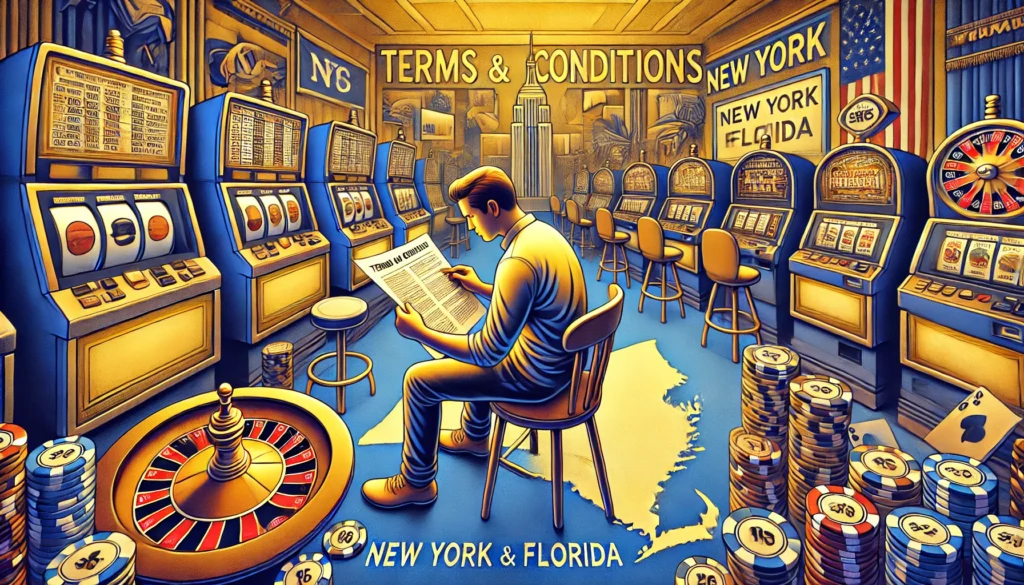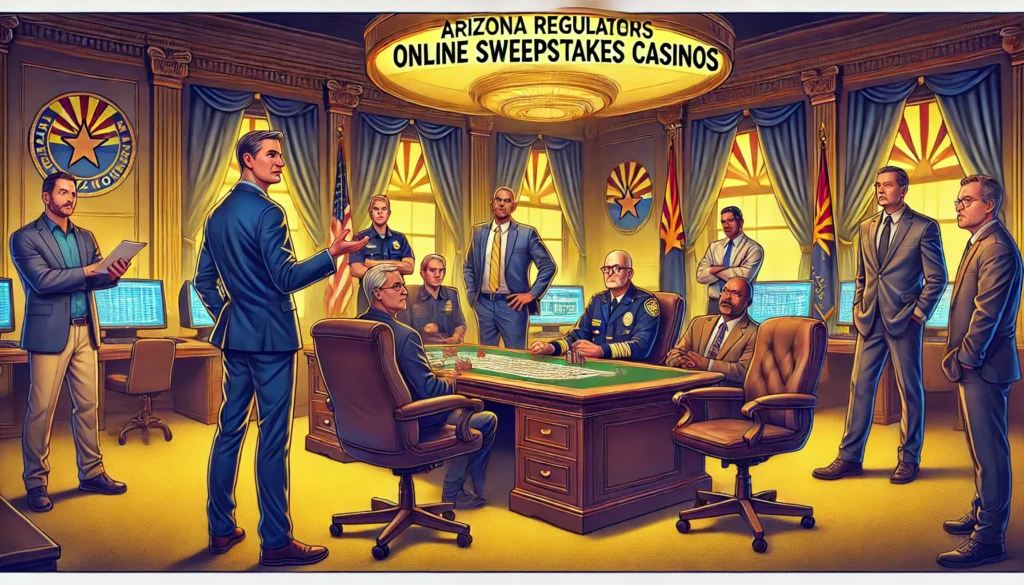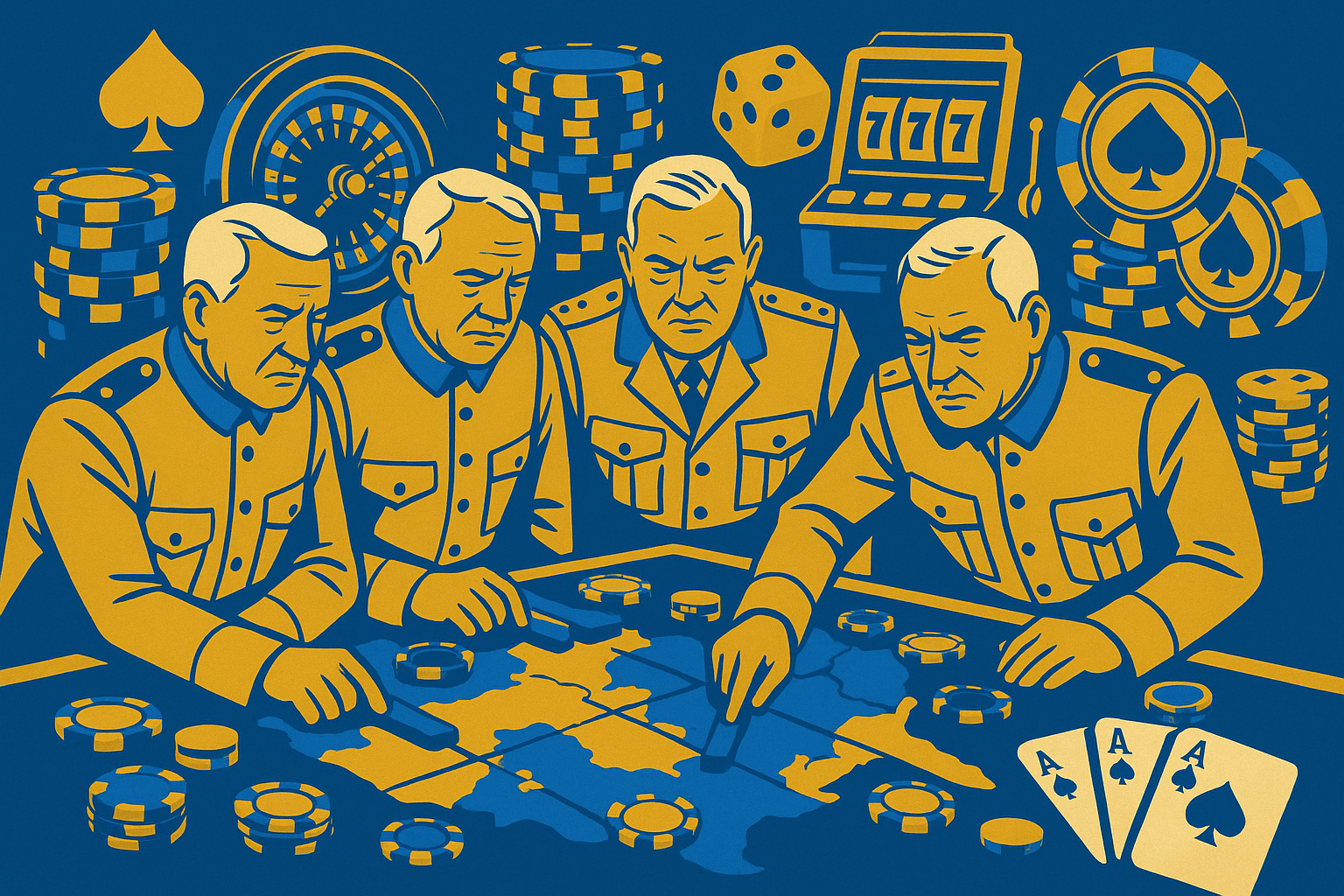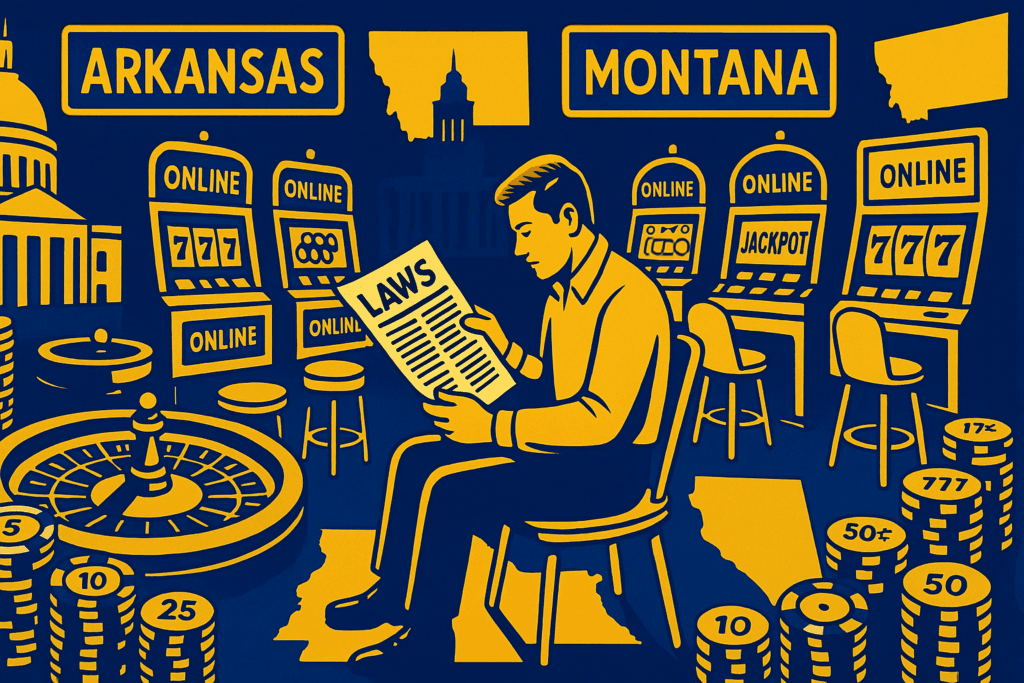As legal scrutiny of sweepstakes casinos persists, more regulators and attorneys general are making moves against unregulated gaming sites in the name of consumer protection.
Last week, during Identity Theft Awareness Week, the Arizona Department of Gaming (ADG) released a PSA to Arizona bettors urging them to take caution in online gaming activities, specifically calling out “illegal online casinos and sweepstakes platforms” which “present themselves as legitimate platforms.” In the release, the ADG also provided resources and tips for helping to keep online gaming in AZ safe and responsible.
“By staying vigilant and informed, Arizonans can better protect themselves from fraud and identity theft,” the memo read.
Sweeps may miss the mark on some requirements
Arizona offers legal and regulated online sports betting (and retail sports betting) as well as retail casino gambling, charitable raffles, and free-to-play games or contests (without using the term “sweepstakes” in AZ law). Due to confusion around what is and is not permitted, the ADG published new guidance around these free-to-play games.
The updated guidance stipulates that legal free-to-play or “sweepstakes” games or contests must “allow participation for free, with no consideration or purchase of any type required.”
This is a common requirement in U.S. sweepstakes law and most sweeps operators argue their sites fulfill the lack of consideration rule because players technically don’t have to purchase any currency (Gold Coins or Sweeps Coins) and can play 100% with currency they earn simply by logging in or winning games.
Some of the listed requirements, including the following, could get sticky for many sweepstakes casinos.
According to the ADG guidance, legal free-to-play or sweepstakes operators must also:
- Provide participants the option to participate for free in the same manner, to the same extent, and with the same odds of winning, as someone who chooses to donate, willingly contribute consideration, or make a purchase.
- Not place any added requirements or limitations on free participation, such as extra forms, mailings, or limited entries, nor suggest or implement any restriction or disqualification on those not providing consideration, or purchasing products or services, from receiving notice or being allowed to participate in the game or contest or future games or contests.
Is the GC experience the same as the SC experience?
The dual currency system that sweepstakes casinos employ gives customers the choice to play with virtual currency that carries no monetary value (aka Gold Coins) or with virtual coins that can be redeemed for real money prizes (i.e. Sweeps Coins). It would be tough to argue that those playing with Gold Coins without making a purchase are able to participate in the same manner as those opting to make purchases and play with Sweeps Coins.
When you win enough Sweeps Coins to meet the minimum redemption requirement, you can redeem them for gift cards or real money.
You cannot do the same with Gold Coins.
The “extra forms” or “mailings” mention also seems to run counter to the free mail-in sweeps mode of entry that so many sweepstakes gaming sites offer as a means of bypassing consideration. Operators let players get free Sweeps Coins if they mail in request letters.
AZ: We want to protect the vulnerable
The ADG’s memo comes in part as a response to a rise in bad actors and rampant advertising of illegal or scam sites.
“With advertisements for online casinos and gaming platforms proliferating on social media, scammers are targeting unsuspecting individuals to steal personal information and financial assets,” the ADG memo read.
One of the dangers that other state officials and gaming regulators have pointed out is the fact that it’s becoming harder than ever for consumers to distinguish between regulated and unregulated gaming sites. This is a major issue when unregulated sites do not offer the same customer safeguards and protections, thereby putting consumers at risk.
“Many of these operations are not legal or regulated, leaving users vulnerable to fraud, identity theft and other serious risks,” the ADG said. “Due to their unregulated nature, the ADG is unable to resolve complaints and disputes arising from unregulated and illegal gaming sites, leaving victims with little to no chance of recovering lost funds.”
On the same day as the Arizona PSA, Casino Reports announced that West Virginia Attorney General JB McCuskey had sweepstakes casinos in his sights due to a similar worry around advertising to vulnerable populations:
“We have serious concerns about West Virginia consumers, specifically our children, being targeted by illegal gambling operations,” McCuskey told Casino Reports.
Expect more states to make moves to clarify their stance on sweepstakes casinos as the list has been growing by the week.
In just the last week or so, a prominent New York regulator expressed concerns over sweeps sites, a Mississippi lawmaker filed a bill to outlaw them, and Maryland sent cease-and-desist letters to six sweeps operators.








